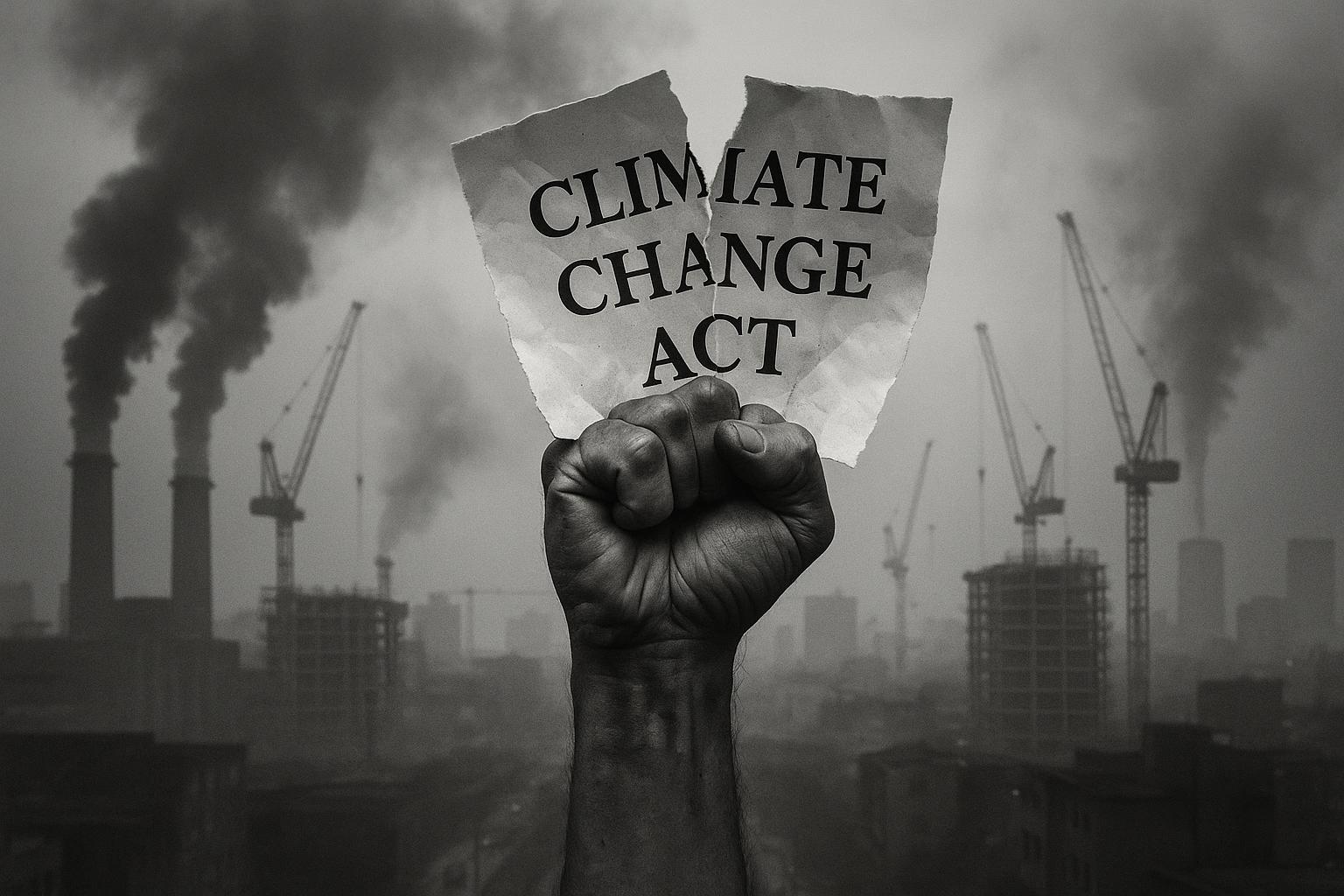The 2025 UK party conference season was marked by fervent discussions on infrastructure and climate policies, with the Institution of Civil Engineers (ICE) actively engaging across the three largest political parties to glean insight into their strategic visions. Known for its role as an independent charity providing trusted advice on infrastructure development, the ICE's participation highlighted key policy proposals and ideological shifts that could shape the nation's future.
At the Liberal Democrats conference in Bournemouth, a standout commitment was the ambition to halve energy prices by 2035. This agenda came alongside a broader focus on skills development and transport infrastructure, with the party signalling broad support for the existing Labour government’s net zero carbon policies. However, there was noted criticism regarding the government's direction on planning reforms, hinting at ongoing debates about the balance between development and environmental stewardship.
Labour’s conference underscored a continuation and expansion of its infrastructure agenda, emphasising new towns and the Northern Powerhouse Rail project—a vital scheme aimed at boosting connectivity and economic growth in Northern England. Delivery mechanisms, devolving powers to local authorities, and skills advancement were recurrent themes, underscoring the party’s commitment to regional development alongside its support for net zero. Additionally, the future of artificial intelligence (AI) remained a vibrant topic at related fringe events, reflecting wider societal uncertainties and excitement about technological progress.
In stark contrast, the Conservative Party, led by Kemi Badenoch, made a dramatic policy shift by pledging to repeal the Climate Change Act 2008, a landmark law originally enacted to reduce carbon emissions substantially by 2050. Instead, the party proposed a new strategy prioritising "cheap and reliable" energy, coupled with a £47 billion reduction in public spending focused primarily on welfare and foreign aid. Badenoch characterised the net zero target as "impossible" to achieve without significant economic harm, a stance that aligns the Conservatives more closely with climate-sceptic elements, including the emergent Reform UK party. This position has drawn widespread criticism from environmentalists, former Conservative leaders such as Theresa May, and many within the party itself, where recent surveys reveal a majority of members still support the net zero goal.
This Conservative pivot highlights deep divisions within the UK's political landscape regarding climate policy, with concerns that scrapping statutory emissions targets could unravel nearly two decades of bipartisan consensus on climate action. Critics warn that abandoning net zero commitments risks jeopardising environmental progress and economic sustainability.
Overall, the ICE’s engagement with these political streams illustrates the complexities underpinning the UK's infrastructure and environmental future. The institution remains committed to offering impartial analysis and guidance amid evolving political priorities, aiming to ensure infrastructure development supports sustainable growth and societal wellbeing.
📌 Reference Map:
- Paragraph 1 – [1], [2]
- Paragraph 2 – [1], [2]
- Paragraph 3 – [1], [2], [3], [4], [5], [6], [7]
- Paragraph 4 – [1], [7]
Source: Noah Wire Services
